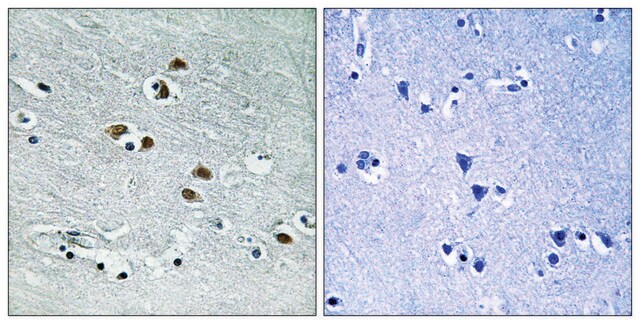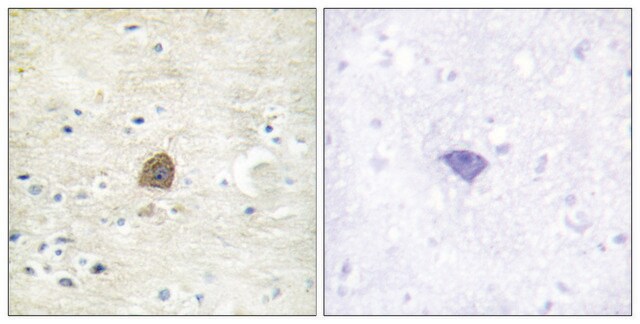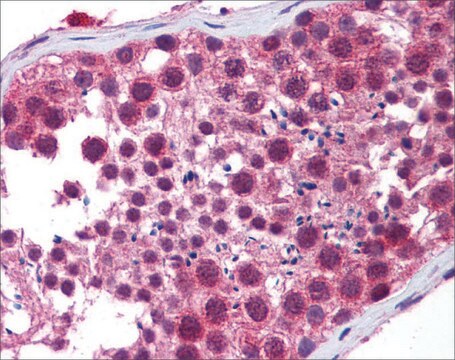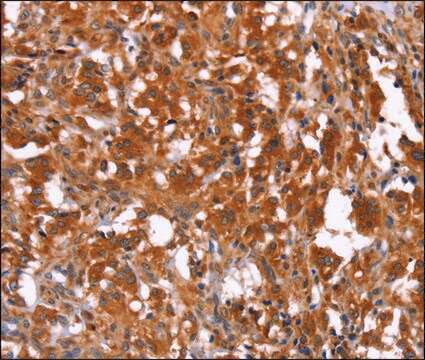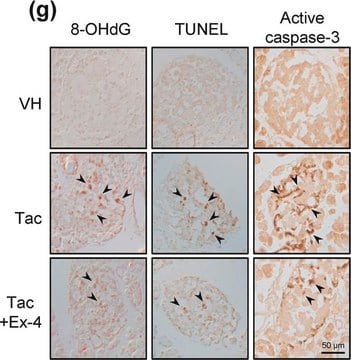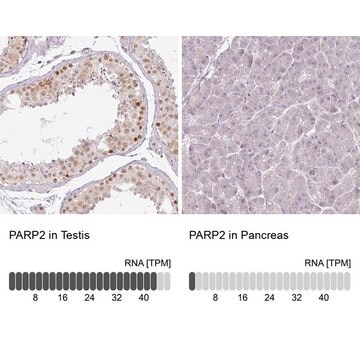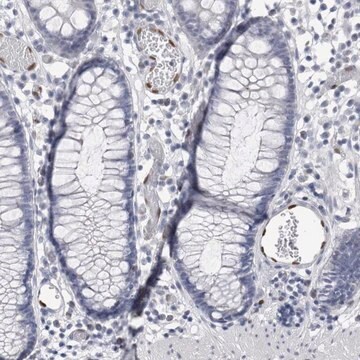SAB4300155
Anti-phospho-HDAC4 (pSer632) antibody produced in rabbit
affinity isolated antibody
Synonym(s):
Anti-HA6116 antibody produced in rabbit, Anti-HD4 antibody produced in rabbit, Anti-HDAC-A antibody produced in rabbit, Anti-HDACA antibody produced in rabbit, Anti-histone deacetylase 4 antibody produced in rabbit
About This Item
Recommended Products
biological source
rabbit
Quality Level
conjugate
unconjugated
antibody form
affinity isolated antibody
antibody product type
primary antibodies
clone
polyclonal
form
buffered aqueous solution
mol wt
~140 kDa
species reactivity
mouse, rat, human
concentration
1 mg/mL
technique(s)
western blot: 1:500-1:1000
isotype
IgG
immunogen sequence
(A-Q-SP-S-P)
NCBI accession no.
UniProt accession no.
shipped in
wet ice
storage temp.
−20°C
target post-translational modification
phosphorylation (pSer632)
Gene Information
human ... HDAC4(9759)
Immunogen
Application
Western Blotting (1 paper)
Features and Benefits
Target description
Physical form
Disclaimer
Not finding the right product?
Try our Product Selector Tool.
Storage Class Code
10 - Combustible liquids
WGK
WGK 1
Flash Point(F)
Not applicable
Flash Point(C)
Not applicable
Choose from one of the most recent versions:
Certificates of Analysis (COA)
Don't see the Right Version?
If you require a particular version, you can look up a specific certificate by the Lot or Batch number.
Already Own This Product?
Find documentation for the products that you have recently purchased in the Document Library.
Our team of scientists has experience in all areas of research including Life Science, Material Science, Chemical Synthesis, Chromatography, Analytical and many others.
Contact Technical Service